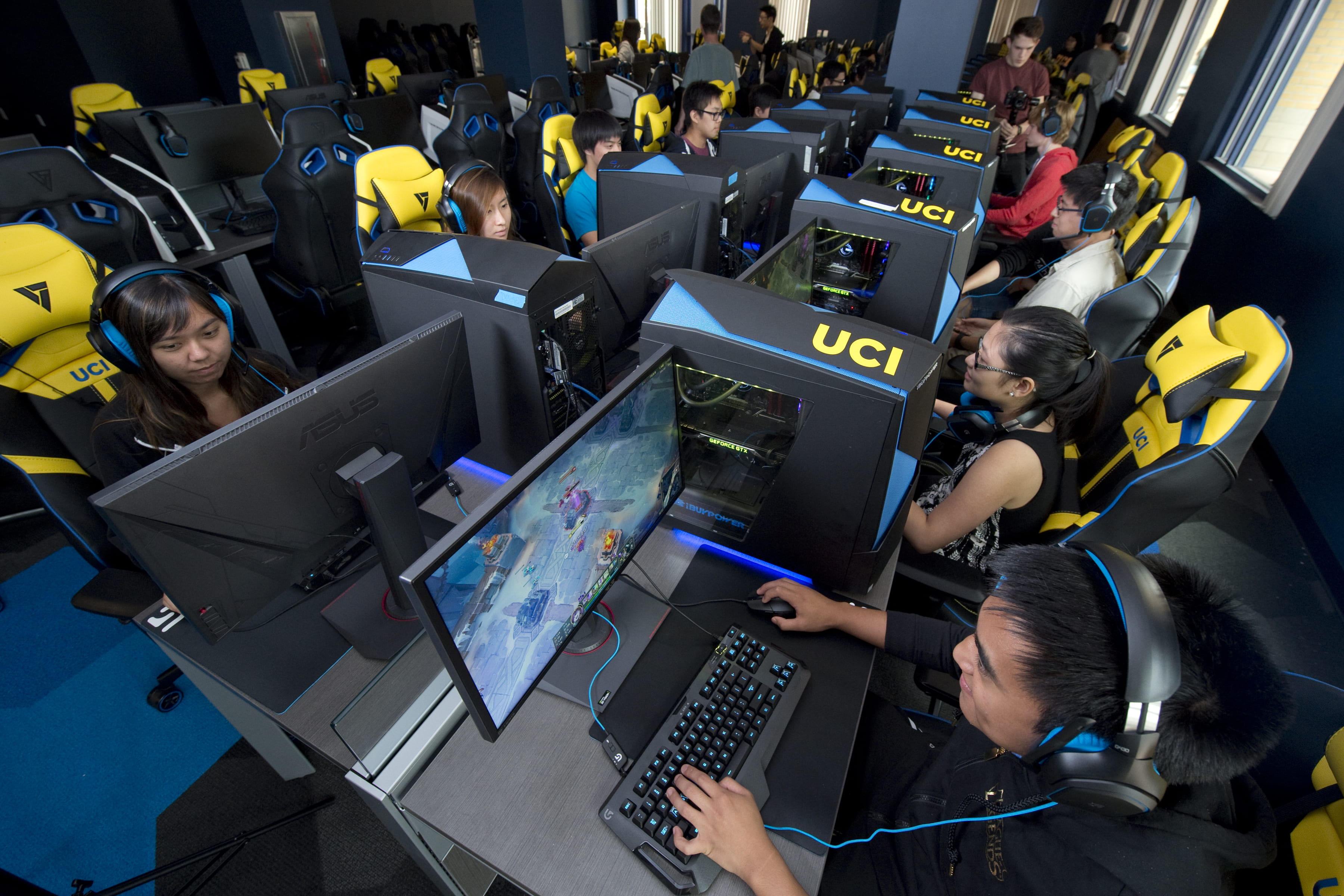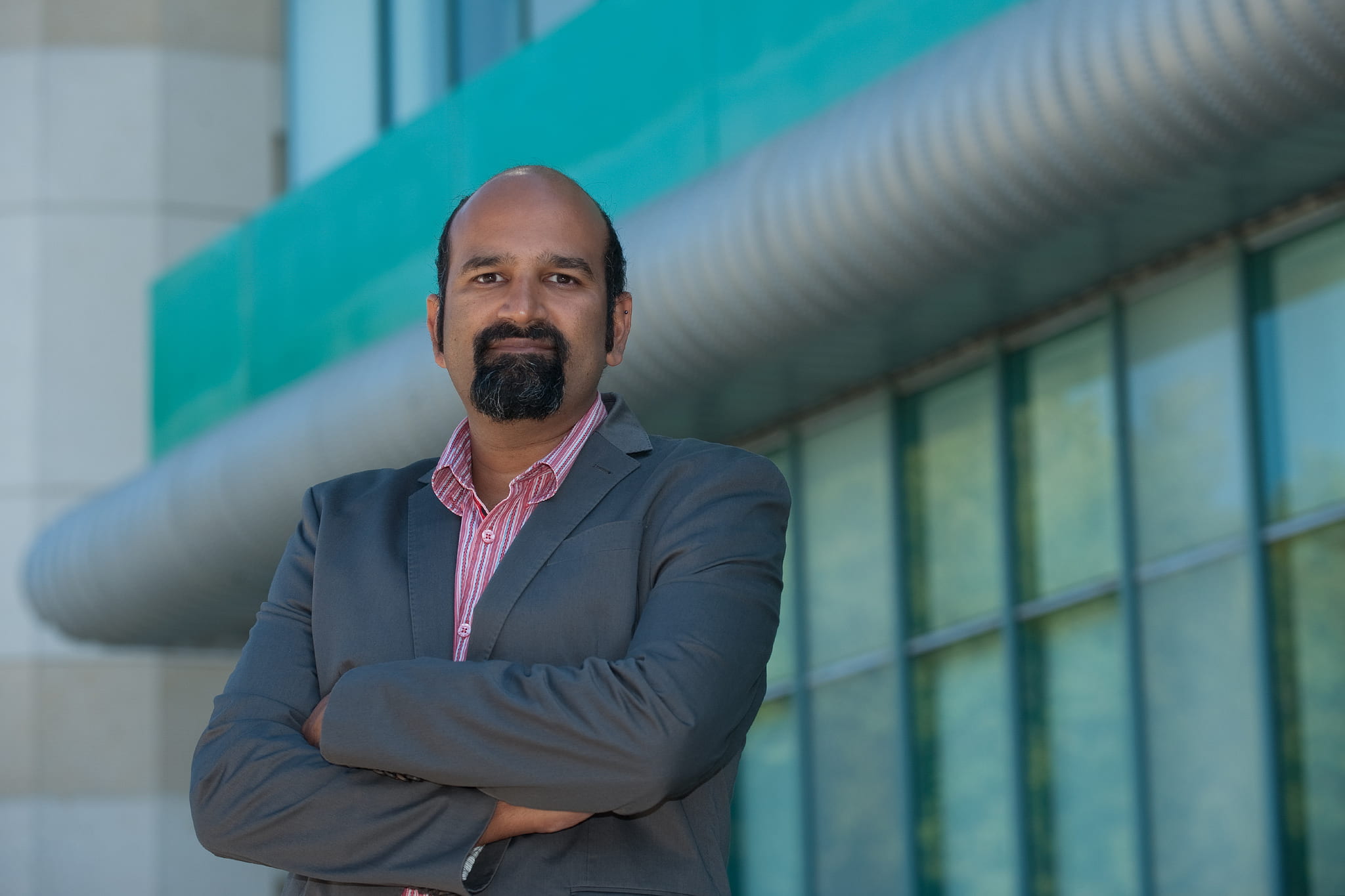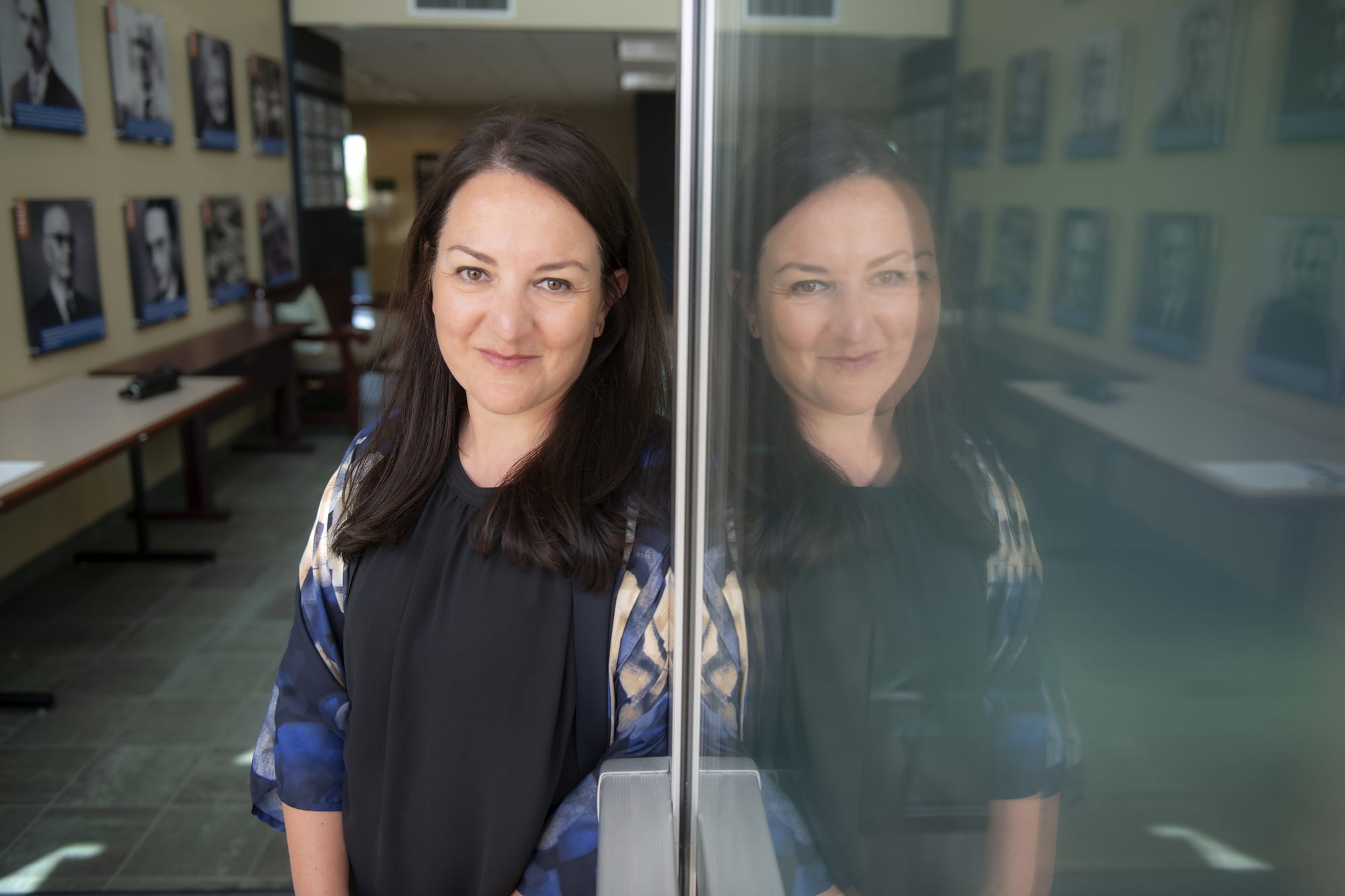Outdated gaming equipment gets new life
UCI Esports donates original arena PCs to informatics department, research labs and student clubs

While UCI Esports enjoyed some publicity with the ESPN2 docuseries this spring, it made an impact within the campus community without all the fanfare. After upgrading the gaming computers in its arena, the program donated the less current but still high-end equipment to the informatics department, research labs and student clubs.
The Department of Informatics received 30 sophisticated PCs and related accessories, while the lab run by Craig Stark, professor of neurobiology & behavior, got 10 PCs. The number of computers bequeathed to each was based on need and capacity to use them.
“Both informatics and the Stark Lab have done lots of research in the arena with us for multiple years,” says Mark Deppe, director of UCI Esports. “Their research helps justify our contribution to the academic mission of the university, which helps us justify why esports are happening at a research university.”
Professor André van der Hoek, chair of the Department of Informatics, also chairs the esports faculty advisory board and suggested donating the “old” technology when he learned that UCI Esports was planning a revamp.
Informatics professor Constance Steinkuehler received seven PCs for her lab, which examines the cognitive and social aspects of multiplayer online video games and esports. And Josh Tanenbaum, assistant professor of informatics, got four computers for his Transformative Play Lab, where he explores the use of virtual reality to bring the experience of theater practice and performance to underprivileged youth in rural areas.
The department distributed the remaining PCs to two student-run clubs: the Video Game Development Club and Virtual Reality at UCI. Because informatics jointly oversees the computer game science major, van der Hoek knew of the groups and their need for greater processing power.
The Stark Lab – which received 10 PCs – studies memory, how aging alters memory, how dementia (such as Alzheimer’s) affects it and differs from typical aging, and what might be able to be done about it.
“That last bit is where the video games come in,” says Stark, who directs UCI’s Facility for Imaging & Brain Research and Campus Center for Neuroimaging. “[The computers] go a very long way in helping our research into memory, aging, and the effect of playing video games on memory and age-related memory loss.”
Van der Hoek is pleased by the reallocation of resources. “It’s nice to see faculty supporting esports and esports supporting right back,” he says. “It’s a rising tide for everyone.”


